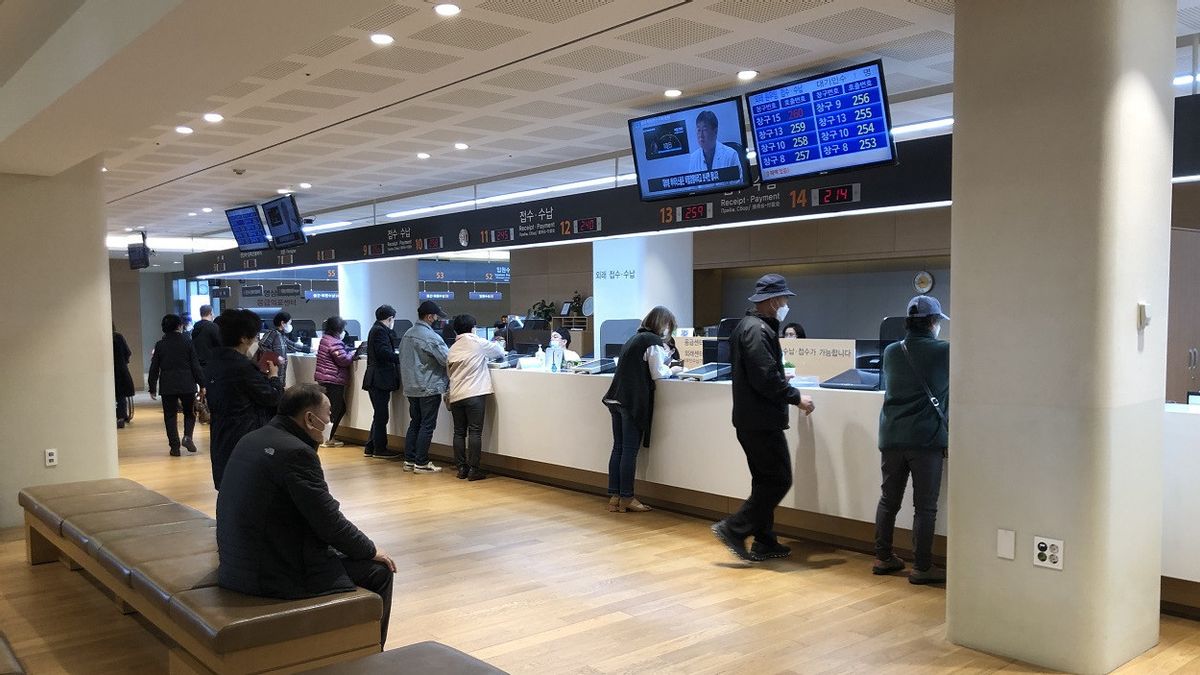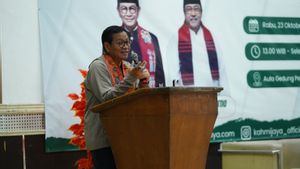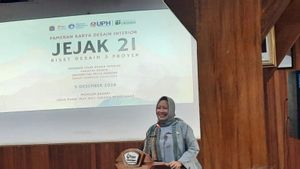JAKARTA - The number of deaths in hospital emergency rooms decreased during the first seven months of this year, with the number of patients with mild cases coming to the ER also decreasing, despite a prolonged strike by doctors, the health ministry said on Wednesday.
A total of 27,176 people died while receiving treatment at an emergency care center during the January-July period, down 3.4 percent from 28,123 years earlier, ministry official Jung Yoon-soon told a news conference.
The decline followed the decline in the number of patients visiting the hospital emergency room this year, when the majority of interns went on strike against the government's plan to increase the quota for admission to medical schools.
"Thanks to community cooperation, fewer patients with mild cases visited the emergency room," said Jung, as reported by The Korea Times on September 10.
The prolonged strike caused hospitals in Ginseng Country to reduce operations, outpatient services, and emergency room services.
According to data released by the main opposition Democratic Party lawmaker Kim Yoon, the number of patients visiting the hospital's ER fell 17 percent to 3.43 million from February to July.
Separately, to ensure emergency services during and around the five-day Chuseok holiday starting on Saturday this week, the government designated September 11-25 as a special period, forming an emergency task force that would be responsible for managing the country's emergency medical center situation.
SEE ALSO:
It is known that President Yoon Suk-yeol's administration pledged to increase the quota for admission of 2,000 medical schools per year over the next five years or more, to address the shortage of doctors and have completed an increase of around 1,500 students for next year.
However, doctors have demanded the government to cancel plans to increase the quota for next year and 2026, holding talks on possible adjustments to medical school seats for 2027 and beyond.
They claim that medical schools will not be able to handle the increase in registration, which will endanger the quality of medical education and ultimately state medical services.
The English, Chinese, Japanese, Arabic, and French versions are automatically generated by the AI. So there may still be inaccuracies in translating, please always see Indonesian as our main language. (system supported by DigitalSiber.id)


















